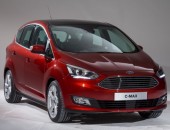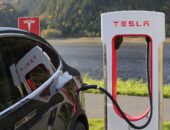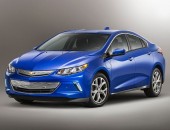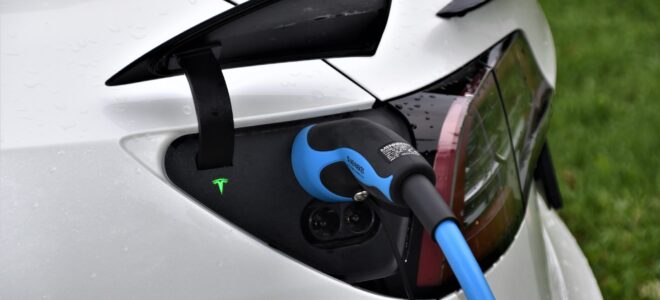
A recent report by the International Energy Agency shows that electric vehicle sales in the first quarter of 2023 reached two million, a 75% increase compared to the same period in 2023, according to news on CNBC. Electric cars are appealing to many people, and experts in the auto industry predict electrified cars are the future of transportation. However, to promote mass adoption of EVs, auto makers need to improve the charging technology.
A lot has been happening in the world of EV charging infrastructure, but there’s still room for innovation. As more commuters embrace electrified mobility, concern about charging time is on the rise. Today’s EV buyers want vehicles they can charge within a few minutes, and to meet this demand, electric vehicle companies are developing innovative charging technologies. Keep reading to learn more about the latest tech developments that will speed electric vehicle charging.
Smart Charging
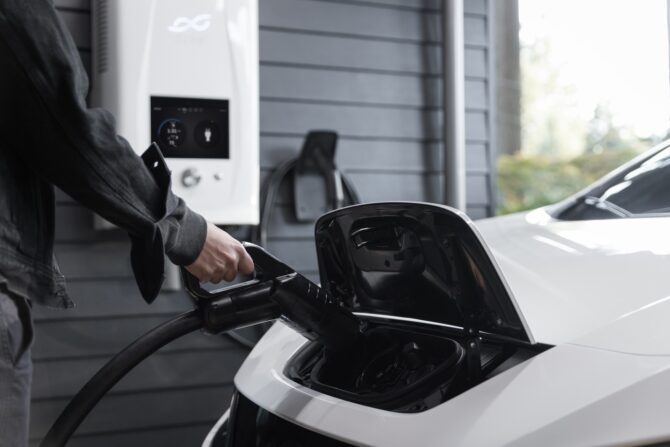
Source: unsplash.com
The evolution of electric vehicle charging infrastructure has come a long way from huge metal boxes with tens of buttons and cables to compact and intelligent devices. Today’s EV chargers feature a minimalist design and can make decisions independently. Unlike conventional charging systems, smart EV charging infrastructure maintains flawless communication with the vehicle, EV drivers, nearby charging stations, and the grid.
It’s worth noting that smart EV chargers capture real-time data from connected chargers, electric vehicles, and the grid using back-end software. That way, they can deliver safe, clean, and cost effective energy to electric cars while meeting the needs of drivers and power grids. Typically, smart EV charging uses data to integrate electricity from renewable sources and storage, optimize charging, and reduce the impact on local grids.
Roadside EV Charging Cabinets
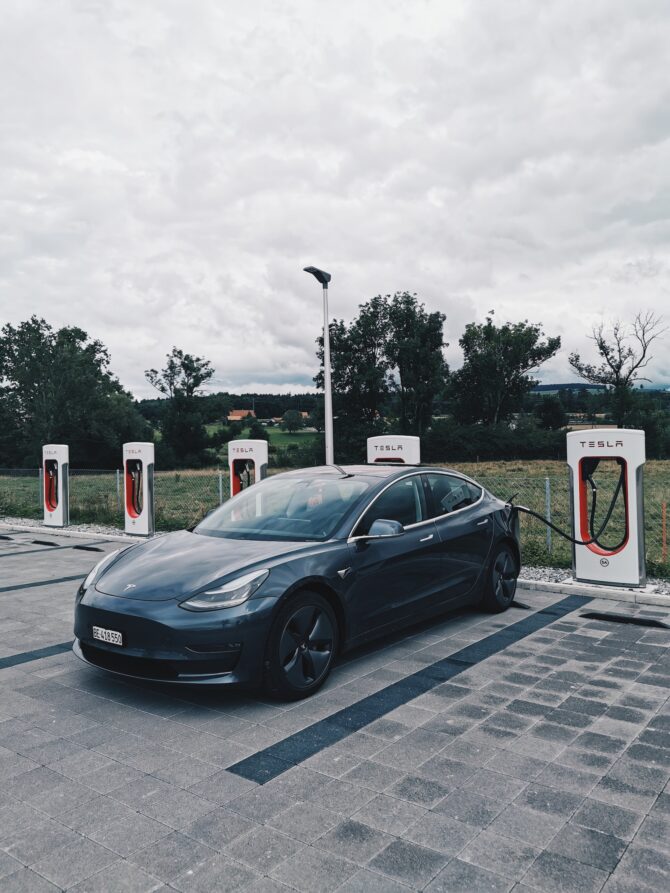
Source: unsplash.com
According to JDPower.com, there are many myths about EV charging and the most common one is there’s nowhere to charge electric cars. Contrary to this belief, there are many charging points worldwide. In the US alone, there are about 50,000 public charging stations for EVs. Electric vehicle companies, governments, and private stakeholders are also looking to increase charging stations by installing roadside charging cabinets.
Several countries, including the UK and Germany, have embraced street charging solutions for electric cars by converting curbside telecom infrastructure into EV chargers. In Germany, for instance, a single roadside electric vehicle charging station can power two automobiles for a range of 50-75km in an hour. Roadside EV charging stations will help reduce range anxiety as they are easy to access and provide fast charging.
Pop-up Pavement Chargers
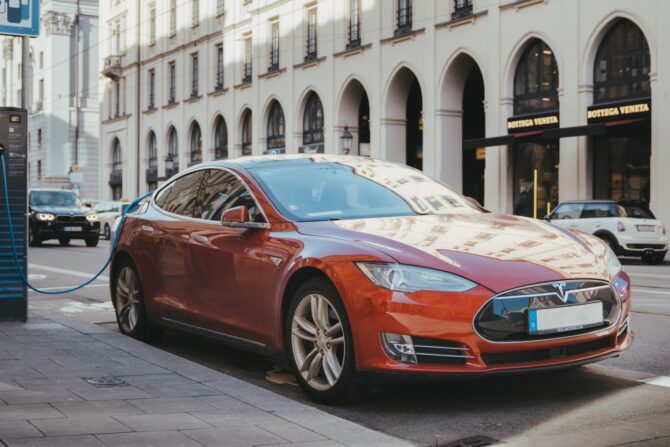
Source: unsplash.com
Another innovative charging infrastructure that could reduce queues at charging stations and prevent street clutter is pop-up pavement chargers. Electric vehicle pop-up pavement chargers rise or pop out of the pavement when activated via a mobile app. That way, cars can charge while parked on street parking spaces without compromising the accessibility of pavements. Besides reducing curbside congestion, pop-up pavement chargers provide an effective solution for EV owners who lack at-home charging systems.
Electric vehicles are becoming increasingly popular as more and more individuals embrace the idea of electrified transportation. To promote the adoption of electric cars, EV makers have improved charging infrastructure to reduce range anxiety and increase charging speed. With advanced systems like pop-up pavement chargers, smart charging, wireless EV charging, and roadside EV charging cabinets, commuters don’t have to worry about spending hours to fully charge EV batteries.

